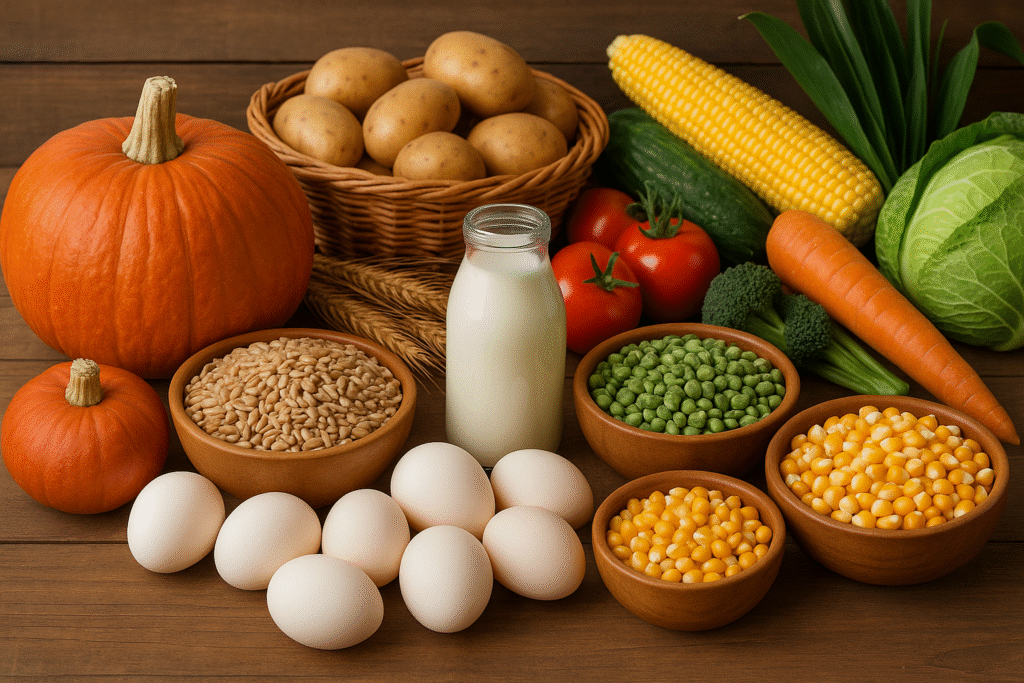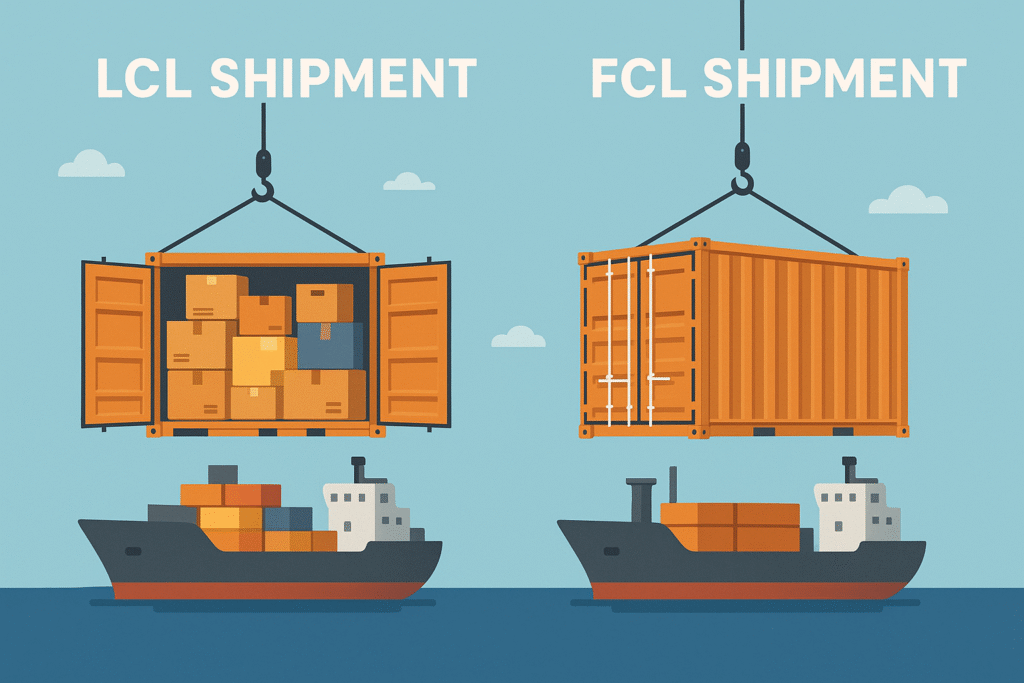How to Leverage Benefits on Agricultural Products for Worldwide Export
Benefits on Agricultural Products gricultural products remain a cornerstone of global trade, fueling economies, providing livelihoods, and satisfying the growing demand for food and raw materials worldwide. For exporters, tapping into the global agricultural market offers significant opportunities — but also challenges that require strategy, knowledge, and awareness of available benefits. If you’re looking to boost your agricultural exports internationally, here’s a comprehensive guide on how to leverage the benefits designed for agricultural product exporters to maximize your success. 1. Read Full Details…


